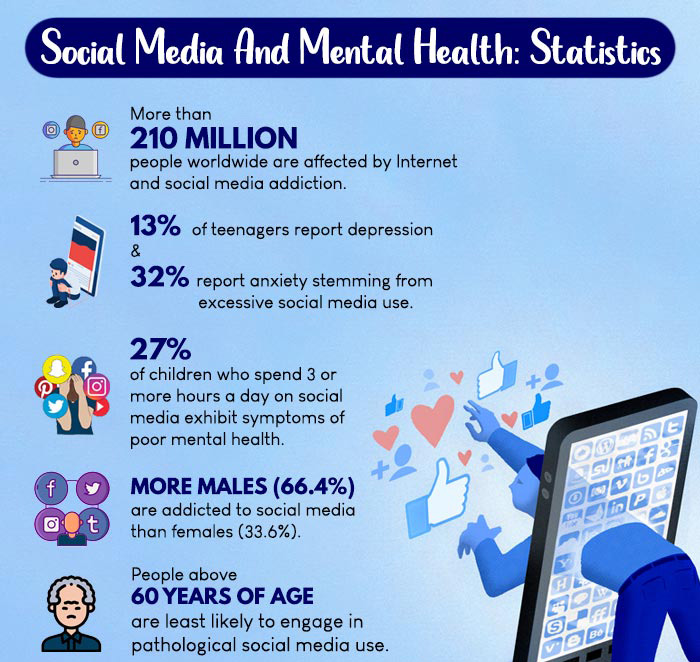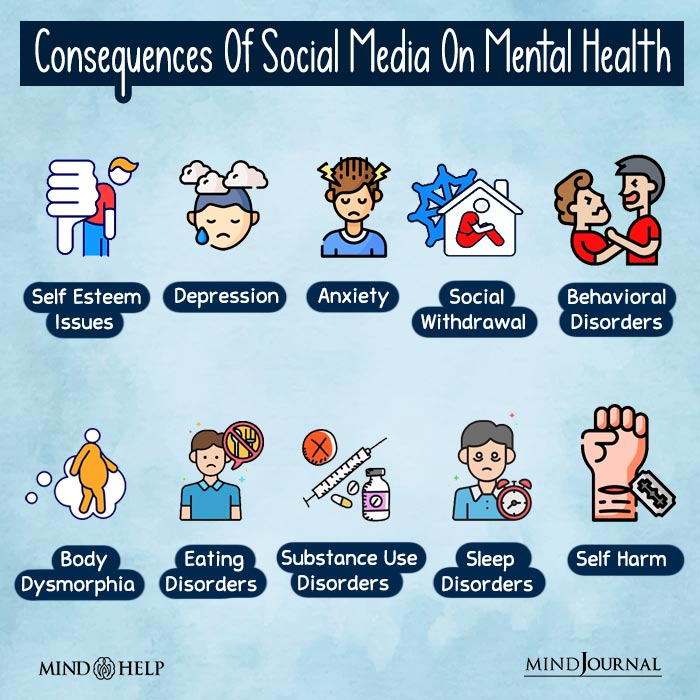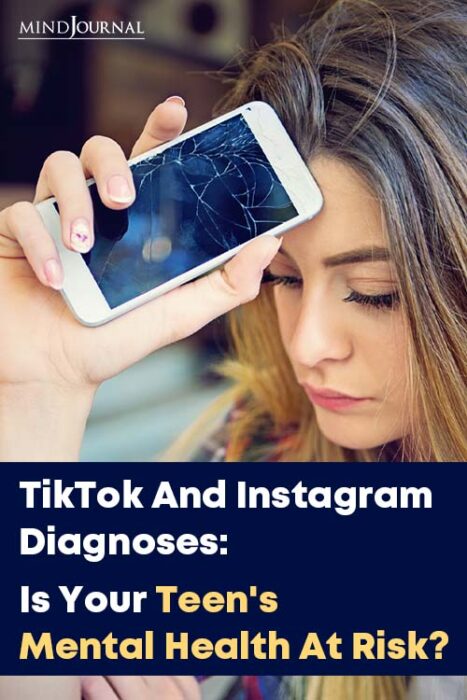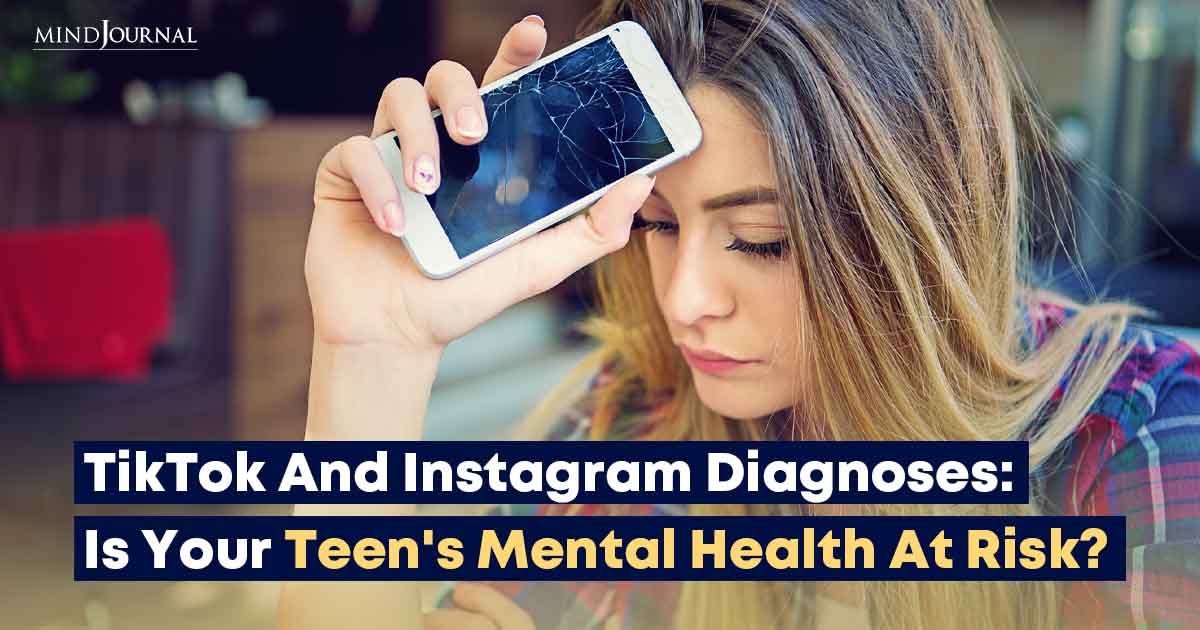Teens using social media for diagnosing themselves such as TikTok and Instagram has sparked concern among parents, therapists, and school counselors.
With mental health awareness growing, adolescents are using these platforms to find guidance, resources, and support for their struggles, but they may also be mislabeling their conditions, leading to potential harm and misinformed treatment.
Read more here: 3 Ways To Protect Children From The Dark Side Of Social Media
Teens Using Social Media For Diagnosing Their Mental Health With The Misinformed Treatment
In recent years, social media platforms have faced scrutiny over their impact on youth mental health.
Erin Coleman, a concerned parent, revealed that her 14-year-old daughter began identifying with creators on TikTok and Instagram who discussed various mental health diagnoses.
She eventually became convinced that she had ADHD, depression, autism, mysophobia, and agoraphobia.
Despite undergoing testing, her actual diagnosis was severe anxiety, leaving her skeptical of the specialists’ findings.

This self-diagnosis trend has been observed by Dr. Larry D. Mitnaul, a child and adolescent psychiatrist, who noticed a significant increase in teens arriving at his clinic with preconceived notions of their conditions, primarily ADHD, autism spectrum disorder, and dissociative identity disorder.
Many teenagers, seeking validation and understanding, may over-identify with specific labels, leading to an inaccurate sense of self and potential isolation from peers.
Experts believe that social media provides a sense of community and trust for teens seeking mental health information. They may follow creators who share their struggles or identify as experts on the topic.
However, this reliance on self-diagnosis can lead to teens using the diagnosis as a shield or justification for their behavior in social situations, which may not accurately represent their struggles.
Read more here: Negative Effects Of Instagram On Mental Health: 7 Ways Instagram Ruins Lives
Social media companies like Instagram and TikTok have implemented some measures to address these concerns. Instagram has introduced tools to limit obsessive scrolling and provide nudges to explore different content.
TikTok allows users to set regular screen time breaks and assigns a “maturity score” to videos with potentially complex themes. Despite these efforts, the potential risks remain.
For parents like Julie Harper, social media can be a double-edged sword. While some teens find solace in self-discovery and understanding their conditions better, others may be led down a harmful path of self-diagnosis without professional guidance.

Unfortunately, waitlists for mental health services can be extensive, making it difficult for parents to access timely help for their struggling teens.
The positive impact of social media on mental health awareness is evident among some adults, who credit platforms like TikTok for helping them identify and understand lifelong struggles, leading them to seek professional help.
Still, experts emphasize that adults can approach mental health content more objectively, whereas teens may jump to conclusions before consulting professionals.
To address this issue, experts like Alexandra Hamlet, a clinical psychologist, suggest social media companies tweak algorithms to detect excessive consumption of certain topics and provide users with reminders to take breaks.
While social media can provide support, it should not replace professional guidance and treatment.
Read more here: How Does Social Media Affect Mental Health
Teens self-diagnosing on social media is a growing trend that has raised concerns among parents, experts, and mental health professionals.
While some adolescents find comfort and valuable information on these platforms, the risk of mislabeling and harmful self-diagnosis is real.
Social media companies must continue to implement measures to protect vulnerable users, but the responsibility ultimately lies with parents and professionals to ensure teens receive appropriate mental health support and treatment.









Leave a Reply
You must be logged in to post a comment.